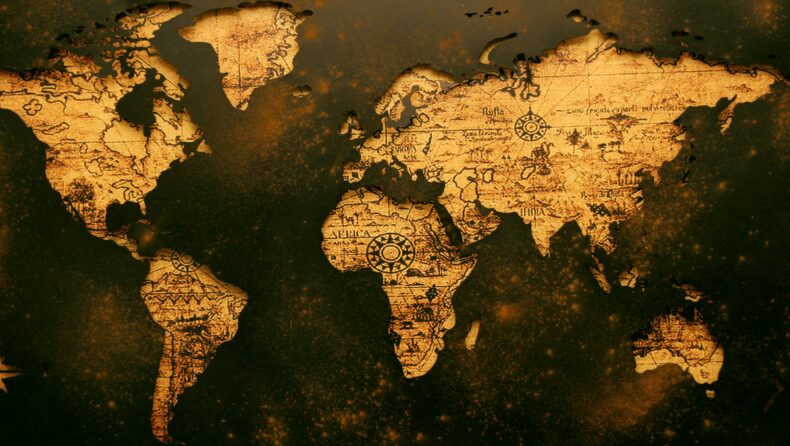Prime Minister Narendra Modi emphasized returning to diplomacy and ceasefire to quickly resolve the conflict in Ukraine, ANI reported.
The Prime Minister, who was at the G20 working session on Food And Energy Security in Bali, Indonesia said, “I have repeatedly said that we have to find a way to return to the path of ceasefire and diplomacy in Ukraine. The need of the hour is to show concrete and collective resolve to ensure peace, harmony, and security in the world.”

Highlight of G20
He also highlighted how the onus is on the nations to establish a post covid world order which ensures peace and stability. “The need of the hour is to show concrete and collective resolve to ensure peace, harmony, and security in the world. I am confident that next year when the G20 meets in the holy land of Buddha and Gandhi, we will all agree to convey a strong message of peace to the world,” he said.
He also pointed out the lack of success multilateral institutions like the UN have had in dealing with a crisis of this magnitude and how failure to bring in reforms in their structure has made them inept in dealing with complicated situations. “And we have all failed to make suitable reforms in them [multilateral institutions]. Therefore, today the world has greater expectations from the G20, the relevance of our group has become more significant,” he added.

His statements on Russia came after India abstained from voting on a draft resolution, ‘Furtherance of remedy and reparation for aggression against Ukraine’, introduced by Ukraine which held Moscow accountable for violating international law and making it mandatory for Russia to pay reparations to Kyiv for damages, loss, and injury resulting from the war. India’s permanent representative to UN Ruchira Kamboj questioned the legal validity of the process and whether it would actually contribute towards resolving the issue or set the right precedent for the future functioning of the UN. India has also become the second-largest customer of Russian oil as refineries here have pounced at the opportunity of buying discounted cargoes of crude oil refused by the western market.
The Prime Minister also addressed the energy and food crisis faced by the global supply chain in wake of the Russia- Ukraine conflict and urged to maintain the stability in the availability of both. “Global supply chains are in ruins. There is a crisis of essential goods all over the world. The challenge for the poor citizens of every country is more severe. Everyday life was already a struggle for them. They do not have the financial capacity to deal with the double whammy,” he said.
He also pointed out the importance of fertilizers in maintaining the food supply chains and the role of millet in combating hunger and nutrition problems. “Today’s fertilizer shortage is tomorrow’s food crisis, for which the world will not have a solution. We should build mutual agreement to maintain a stable and assured supply chain for both manure and food grains,” he said. “Millets can also solve global malnutrition and hunger. We all must celebrate the International Year of Millets with great enthusiasm next year,” he further added.

Modi is also expected to be involved in some bilateral one-to-one with leaders of G20 members on the sidelines of the summit like Indonesian President Joko Widodo, UK Prime Minister Rishi Sunak, Singapore Prime Minister Lee Hsien Loong, Australian Prime Minister Anthony Albanese, German Chancellor Olaf Scholz, and Spanish Prime Minister Pedro Sanchez Perez Castejon. India is poised to host the next G20 meet in New Delhi IN September 2024 and the prime minister urged the members to work for building a global consensus come the next meeting of the forum.













